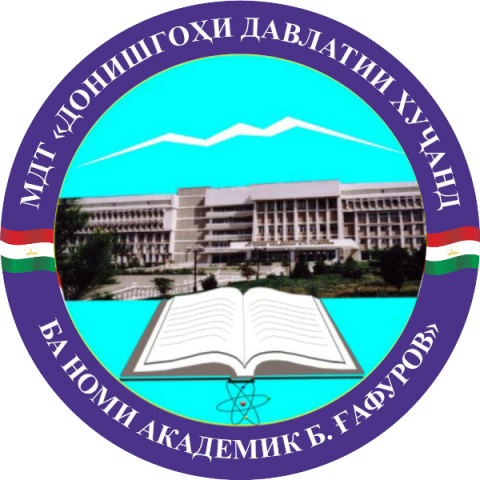list (humanitarian 2023)
THE IMPORTANCE OF APPLYING COGNITIVE COMPETENCE IN THE EDUCATIONAL PROCESS
 
Authors:┬áTillokhujaeva Muhabbat Nabijonovna, candidate of philogical sciences, assistant professor of the department of methods of teaching Tajik language and literature, SEI ÔÇ£KSU named after acad. B.Gafurov",(Tajikistan, Khujand),┬áE-mail: This email address is being protected from spambots. You need JavaScript enabled to view it.
 
 
JOURNAL NUMBER: 4(77). YEAR OF ISSUE: 2023.  LANGUAGE OF THE ARTICLE: Tajik
 
 ANNOTATION
 
The article discusses the issues of students' cognitive activity and ways of using active teaching methods. The development of students' personality based on the formation of competencies, which is one of the main goals of modern education, and the active role of students in the process of education is the main criterion for pedagogical selection, which provides an opportunity for the development of cognitive activity, personality development and its compatibility with the ever-increasing demands of the labor market. The author emphasizes that the flow of thought is accelerated only if the questions are difficult and the students have sufficient knowledge accordingly. Therefore, in solving this or that task, students should have a certain knowledge base and be able to use it when necessary. Cognitive activity and independence are inseparable from each other: more active students are, as a rule, more independent; Inadequate self-study activity of the student makes him dependent on the opinion of others and deprives him of independence. The author of the article is of the opinion that the use of active teaching methods in the course of training provides conditions for a person to work independently, develop his own opinion and point of view and participate enthusiastically in the course of training..
KEY WORDS
cognitive processes, activity, development, innovation, testing, ability, evaluation, knowledge, skills, skills, independence
 ðÉð¢ð│ð╗ð©ð╣Ðüð║ð©ð╣
ðÉð¢ð│ð╗ð©ð╣Ðüð║ð©ð╣
 ðóð¥ÊÀð©ð║Ëú
ðóð¥ÊÀð©ð║Ëú  ðáÐâÐüÐüð║ð©ð╣
ðáÐâÐüÐüð║ð©ð╣ 
